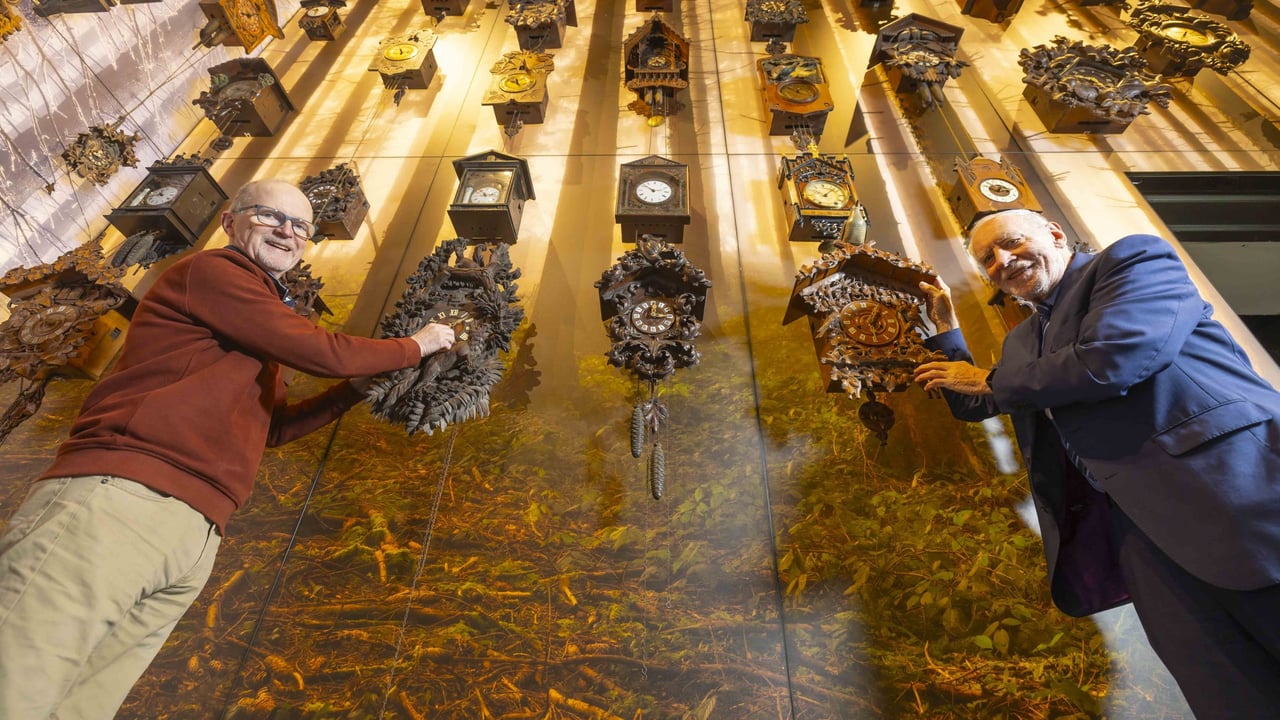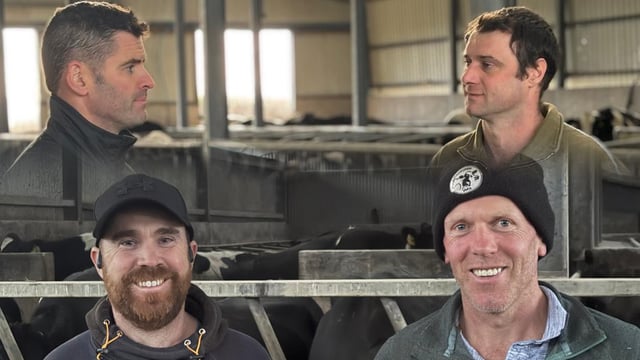Get ready to 'fall back' but should we really have a clock change?
The clocks officially go back by one hour at 2am on Sunday (October 26) this year.
That means Daylight Saving Time (DST) kicks in which also brings with it shorter and much darker days - not a combination that is universally helpful when it comes to farming or perhaps anyone else.
According to Professor David Malone from Maynooth University's Faculty of Science and Engineering there "is an interesting tension in agricultural work in relation to DST".
Prof. Malone said this is because farming work "fits between the schedule of plants/animals, which is heavily influenced by actual daylight, and the schedule of human supply chains - which is heavily influenced by clocks, and so DST".
He said in general "there are a bunch of complicated pros and cons that come with daylight savings".
But Prof. Malone feels that following the clock slavishly is something that is probably a bigger issue for office workers than farm workers.
"My guess is that most farmers would choose to avoid getting up an hour early in the spring if it's going to be too early to do useful work.
"On the other hand, if it is possible to get up that hour early because the morning is bright and useful work can be done, then they are probably doing that regardless of the clock change," he said.
However the professor also warns, on the other hand, that it has become clearer that "dragging people out of bed an hour early in the spring is not good for people's health - the effects are not enormous but need to be carefully measured".
Why do the clocks change?
The UK's Royal Meteorological Society believes many people assume that we change the clocks because this was originally an idea backed by farmers.
But the society says there is no truth in this and the real reason the twice yearly clock change is currently in place is because of a "builder and the First World War".
Kirsty McCabe, senior broadcast meteorologist, said: "The idea of British Summer Time was first proposed in 1907 by William Willett, a builder and keen horse rider and the great-great-grandfather of Coldplay singer Chris Martin.
"His solution was to advance the clocks by twenty minutes on each of four Sundays in April, then reverse them by the same amount on four Sundays in September".
This idea was rejected but according to McCabe it came about again during the First World War, in a bid to help save fuel and money and was first taken on board by Germany and then Britain.
But the debate around the clock change is almost as consistent as time itself.
In 2018 the European Commission put forward a proposal to put an end to seasonal clock changes.
The then President Jean-Claude Juncker said in his State of the Union speech: "Clock-changing must stop.
"Member States should themselves decide whether their citizens live in summer- or wintertime".
In March 2019 the European Parliament voted to end the practice but ultilmately the EU Council did not back the propsal.
Fast forward to 2025 and just last week in Strasbourg MEPs again asked the European Commission and the Danish Presidency to "outline the main hurdles" to ending Europe's seasonal clock adjustments.
According to the MEP for Ireland South and chair of the European Parliament’s working group on the bi-annual clock change, Seán Kelly, the time has come for a change.
“The seasonal clock change is an outdated and unnecessary practice that serves no real benefit to citizens or the economy in 2025.
“Scientific evidence shows that switching the clocks twice a year disrupts sleep, increases health risks such as heart attacks, and even leads to more traffic accidents.
"It’s time we left it in the past and moved on," the MEP believes.






